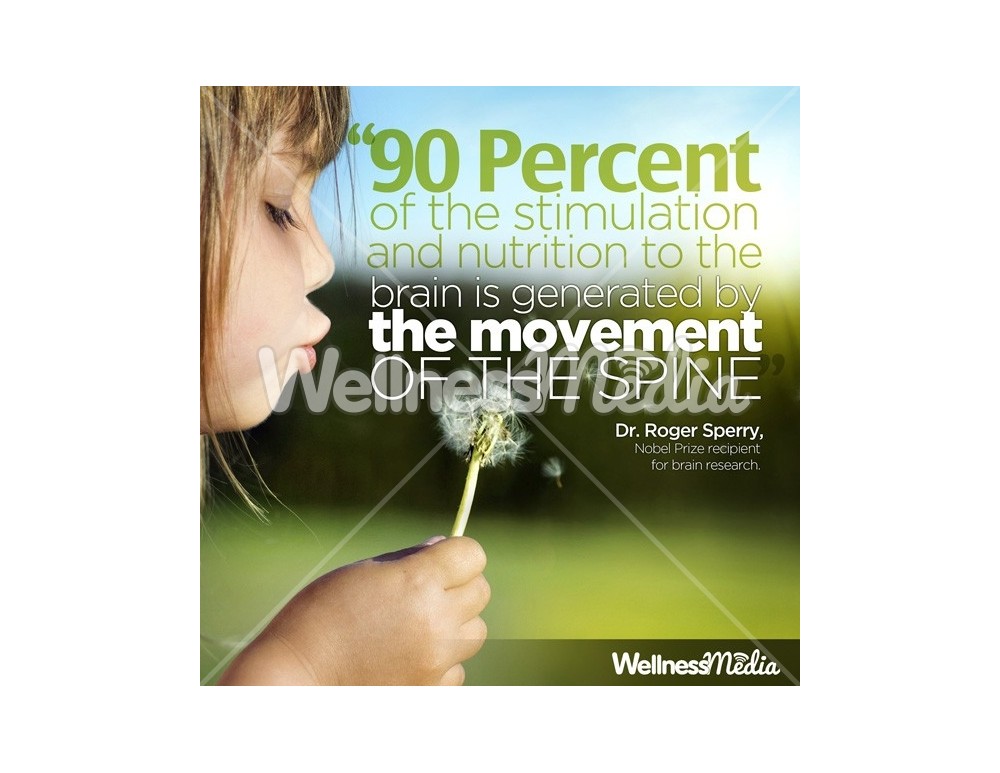The Relevance Of Nutrition In Taking Care Of Back Pain: Recommended Foods And Those To Avoid
The Relevance Of Nutrition In Taking Care Of Back Pain: Recommended Foods And Those To Avoid
Blog Article
Authored By-Mcclure Nicolajsen
When it concerns managing your neck and back pain, the food choices you make can substantially influence exactly how you really feel on a daily basis. Imagine having the ability to ease your discomfort just by readjusting what you consume. By understanding the function of nutrition in back pain monitoring and knowing which foods to include or stay away from, you can take proactive steps in the direction of a healthier and much more comfortable way of life. The link in between nourishment and back health is a lot more profound than you may realize-- allow's explore how certain foods can either soothe or aggravate your pain in the back.
Significance of Nourishment in Back Pain
Nourishment plays an important role in handling back pain. Your diet can dramatically impact swelling degrees and overall pain levels in your back. Eating a well balanced diet rich in nutrients like vitamins D and K, calcium, magnesium, and omega-3 fats can help reduce inflammation and reinforce bones, which are important for back wellness.
Furthermore, keeping a healthy and balanced weight through appropriate nutrition can minimize stress on your spinal column, reducing the danger of pain in the back.
In addition, specific nutrients like antioxidants discovered in fruits and vegetables can assist fight oxidative anxiety and promote healing in the body, including the back muscle mass and back.
On the other hand, consuming excessive amounts of refined foods, sugary drinks, and unhealthy fats can contribute to inflammation and weight gain, aggravating pain in the back.
Foods to Consume for Back Health And Wellness
To sustain a healthy and balanced back, including nutrient-rich foods into your everyday meals is essential. Including foods high in anti-oxidants like berries, spinach, and kale can help in reducing inflammation in your back, easing pain and pain. Omega-3 fatty acids found in fatty fish such as salmon and mackerel have anti-inflammatory residential or commercial properties that can benefit your back health.
Additionally, consuming nuts and seeds like almonds, walnuts, and chia seeds gives crucial nutrients like magnesium and vitamin E, which support muscle function and reduce oxidative anxiety. Including chiropractor austin no insurance as poultry, turkey, and tofu can assist in muscle mass fixing and upkeep, advertising a solid back.
Don't forget to consist of dairy or fortified plant-based alternatives for calcium to sustain bone health and wellness. Lastly, hydrate with lots of water to keep your spine discs moisturized and functioning ideally. By including these nutrient-dense foods in your diet plan, you can nurture your back and support total spine health.
Foods to Prevent for Pain In The Back
Select staying clear of processed foods high in added sugars and trans fats when looking for relief from back pain. These kinds of foods can add to inflammation in the body, which might exacerbate back pain. Say no to sugary snacks like candy, breads, and sweet beverages, in addition to convenience food items like burgers, fries, and fried hen that are typically loaded with trans fats.
Furthermore, steer clear of foods having high levels of refined carbohydrates, such as white bread, pasta, and breads, as they can increase blood sugar level levels and possibly worsen inflammation in the body.
It's likewise important to limit your consumption of foods high in saturated fats, like red meat and full-fat milk items, as they can contribute to inflammation. Processed foods like deli meats, chips, and packaged treats are typically high in saturated fats and ought to be consumed in small amounts.
chiropractor steiner ranch , focusing on your diet regimen and making wise food options can have a considerable effect on taking care of back pain. By including nutrient-rich foods like berries, fatty fish, nuts, and lean healthy proteins, and avoiding processed and sweet products, you can help in reducing swelling and support on the whole back health. Keep in mind, what you consume plays an important duty in how you really feel, so make sure to prioritize your nourishment for a healthier back.
